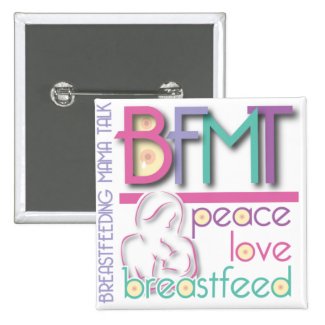What You Need to Know About Fenugreek
By: Samantha Jarrett
The first record of Fenugreek being used is from the ancient Egyptians and is dated back to 1500BC. Fenugreek is a plant. It's seeds are harvested to use in herbal medications and to use as flavoring in cooking. The seeds are dried and then ground into a powder to be taken by mouth or into a paste that can be applied topically. Fenugreek is also known as traditional foenum-greater, greek hay seed, and birds foot.
Over the years fenugreek has been used for many things. The most popular uses are for menopause symptoms, diabetes treatment, digestive problems, stimulation of breast milk production, and most historically common for inducing child birth. Other than the few studies done for fenugreek use in diabetes treatments, there is no scientific evidence to support the use of fenugreek for other health conditions. Fenugreek can also be used in a paste on the skin for skin inflammation, boils, and eczema. Fenugreek is a very common ingredient in food dishes from the Indian Subcontinent.
Fenugreek has not been evaluated by the FDA for safety, effectiveness, or purity. This means that all of the possible benefits or risks of using Fenugreek may not be known. This also means that it is of the utmost importance that you get your Fenugreek supplements from a reputable source to ensure that it is not contaminated with toxic metals or other drugs. If you are going to be purchasing fenugreek I would recommend going through Fairhaven Health. They are a reputable company based in Washington state and provide customers with quality, all natural, products. They ship worldwide from their website www.fairhavenhealth.com.
Even though fenugreek has not been scientifically proven, it has been reported by many breastfeeding mothers to be a very good galactagogue. The mothers that reported positive affects generally noticed an increase in milk production within 24-72 hours after beginning the supplement, while some mothers noticed no change at all. Women taking less that 3500mg a day usually see no effect on milk production. The most common way mothers use to determine dosage is by slowly increasing the amount taken until sweat and urine begin to smell like maple syrup. It is important to discontinue use as soon as you notice any adverse side affects. Fenugreek has not been shown to cause any problems if used for prolonged periods, and it has been shown that mothers can discontinue use and still maintain the proper milk production.
As with any supplement there are always a risk of side affects. It is very important to consult your doctor before use if you have any medical conditions or take any medications. If you have diabetes it is very important that you consult you doctor before taking fenugreek, it has been shown that the herb can reduce blood sugar levels and may enhance the affects of antidiabetic drugs. It is not suggested to take fenugreek if you are taking Heparin, Warfarin, or any other anticoagulants. Fenugreek could potentially cause bleeding when combined with these drugs. Fenugreek is in the same family with peanuts and chickpeas, and could cause an allergic reaction in women who are allergic to either. Also it has been shown to cause worsened asthma attacks and symptoms in asthmatic mothers. Other side affects in mothers AND babies may include but are not limited to diarrhea, gas, nausea, skin irritation (when applied topically), and cause sweat and urine to smell like maple syrup. Fenugreek should NEVER, ever, under any circumstance be used during pregnancy. Fenugreek causes uterine contractions, it can cause miscarriage and preterm labor.
Fenugreek can be a very helpful supplement for mothers that have been diagnosed with low supply. If you have ever had a low supply you can understand how emotional and stressful it can be. It is important that before taking this supplement, or any galactagouge, that you are diagnose with actual low supply by your doctor or lactation consultant. While getting a boost in supply when you need it can be extremely helpful, if your supply is not actually low it can have an adverse affect. Taking fenugreek when not needed can cause you to develop an over supply, which in reality is just as bad as low supply, or it can actually cause your supply to decrease.
All in all, Fenugreek can be extremely helpful when used correctly. Just as with any medication or supplement there are always risks that come along with the benefits, and it is important to discuss those with your health care professional before starting the supplement. It is very important to know and understand the risks and side affects of any medication, supplement, or herb that you take. Knowledge is power.
Want to win a bottle of Fairhaven Health's Fenugreek? Like Belly to Breast: Fairhaven Health on Facebook and Like/Share/Tag the giveaway post at Breastfeeding Mama Talk to win! CLICK HERE to get to giveaway.








